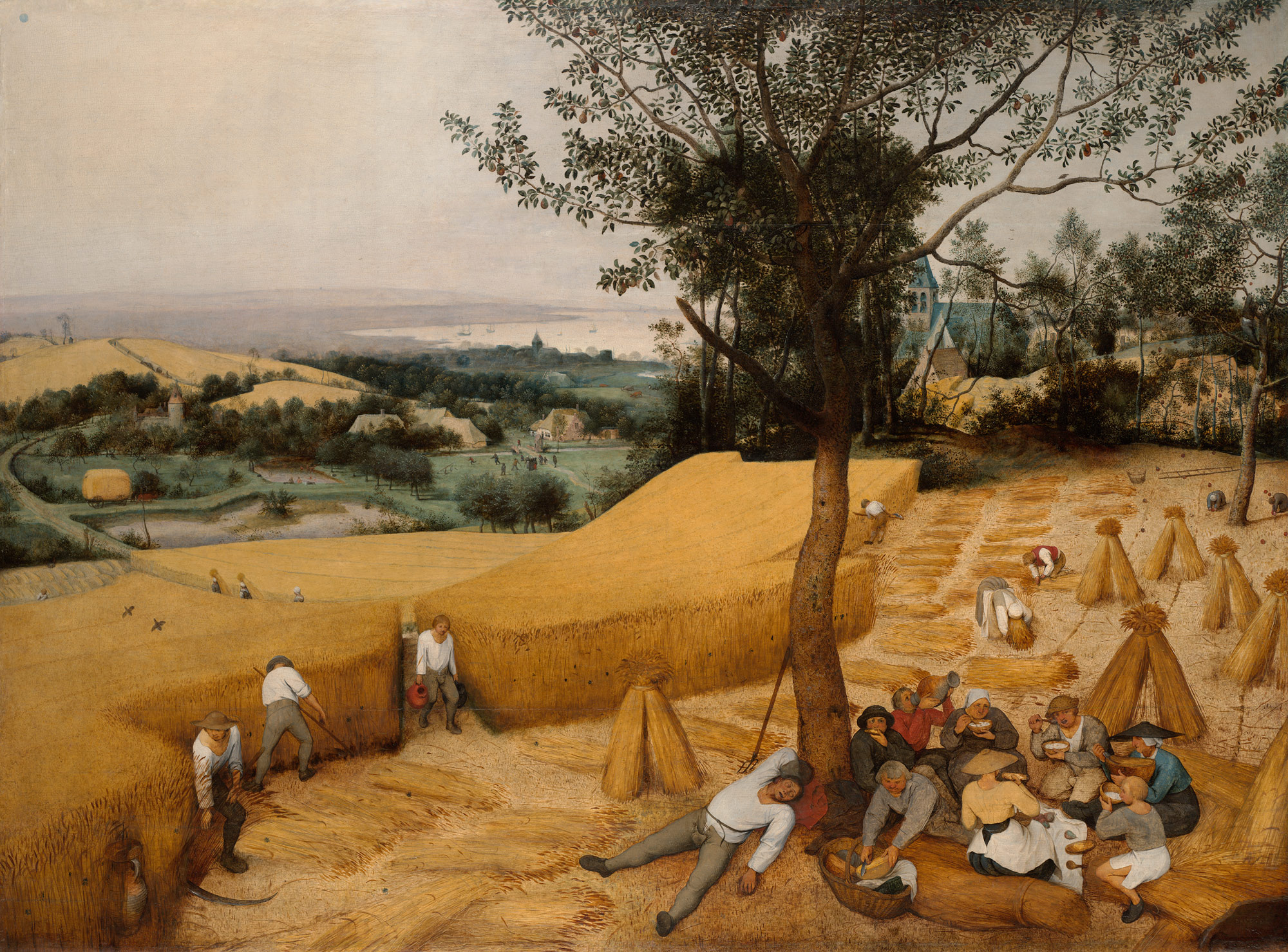Agriculture and Rural Politics
October 29, 2018 - Categorised in: -The aim of this course is to provide a broad understanding of the political dimension of the supply-side of food (as opposed to demand/consumption), i.e. agriculture. Departing from the idea that agriculture is a technical issue only, defined and controlled by farmers and agronomists, we will explore the ways in which the production of food is driven by political processes. We will see how agriculture both shaped and was shaped by the defining moments of our time, including the emergence of the early state system, the industrial revolution and early capitalism, the second world war, and contemporary climate distortions among others.
More than just production per se, we will also consider other closely connected areas of concern, including the political and moral economy of food, agrarian change, peasant farming, agribusiness, livelihoods and rural development, the politics of agricultural innovation and agricultural science, and global environmental change.
Students will acquire a sound grasp of different views and debates on agriculture and rural politics. They will become familiar with major issues related to agriculture at the global level and be able to analyse how such global drivers of change are affecting, and being shaped by, different key
stakeholder groups. This provides them with an understanding of the context within which much contemporary development and policy intervention occurs.
The course includes a field trip (info and dates announced at the beginning of the term).
THIS COURSE IS PART OF
- Master in Food Politics & Sustainable Development (core)
- Master in Global and European Politics (elective)
- Master in International and Security Politics (elective)
